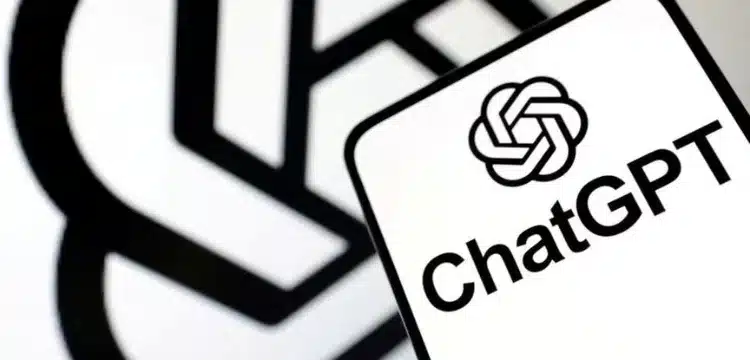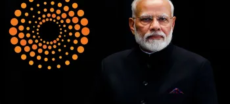[vc_row][vc_column][vc_column_text dp_text_size=”size-4″]Prominent global advertisers, including major companies like Nestle and Unilever, are engaging in trials with generative AI software such as ChatGPT and DALL-E. Their objective is to reduce expenses and boost efficiency, according to industry executives. Nevertheless, apprehensions about security, copyright violations, and potential biases ingrained in the raw data feeding the software persist, making human involvement a continuing necessity.
Generative AI, a technology that creates content based on historical data, has gained substantial attention over the past year, attracting interest across various sectors. Marketing teams are hopeful that this technology will lead to cost-effective and nearly limitless methods to advertise products.
Investment is on the rise as experts anticipate that AI could fundamentally change how advertisers introduce products to the market. Notably, generative AI can produce original text, images, and even computer code, setting it apart from other AI that categorize or identify data.
WPP, the largest global advertising agency, is collaborating with consumer goods giants like Nestle and Mondelez (maker of Oreo) to implement generative AI in advertising campaigns, as shared by CEO Mark Read. By leveraging this technology, significant savings are projected. For instance, rather than sending a film crew to shoot a commercial in Africa, the process can be simulated virtually.
Also Read: Microsoft Builds a Better AI Using ChatGPT
WPP’s partnership with Mondelez in India resulted in an AI-driven Cadbury campaign featuring Bollywood actor Shah Rukh Khan. The campaign facilitated the creation of ads personalized for local stores, generating numerous versions shared across social media platforms, accumulating millions of views
As AI’s role expands, WPP has incorporated AI apprentices in London, underscoring its commitment to developing AI expertise. Nonetheless, WPP’s CEO acknowledges the need to consider the potential creation of new jobs alongside the disruption of existing ones.
Nestle is also exploring the application of generative AI, utilizing ChatGPT 4.0 and DALL-E 2 to enhance product marketing. The technology is used to respond to campaign briefs with creative ideas in line with brand and strategy, later refined by the creative team.
While debate persists on whether AI-generated content truly resembles human creativity, advertisers are already adopting this technology for promotional purposes. Notably, the Rijksmuseum’s use of AI to reveal hidden elements in an artwork led to WPP employing OpenAI’s DALL-E 2 to imagine scenes beyond the artwork’s frame, generating substantial media value for Nestle.
Unilever, which owns a vast range of brands, is also leveraging generative AI for various purposes, such as generating product descriptions for retailers’ websites and digital commerce platforms. However, the company is cautious about potential biases and intellectual property concerns embedded in the data it processes.
As companies navigate these advancements, some remain cautious due to security and copyright risks. Concerns over AI reproducing human biases in its outputs are driving the need for stringent oversight. Despite the transformative potential of generative AI, the industry remains in a phase of experimentation and evaluation, with some companies fully embracing it and others taking a more measured approach.[/vc_column_text][/vc_column][/vc_row]











